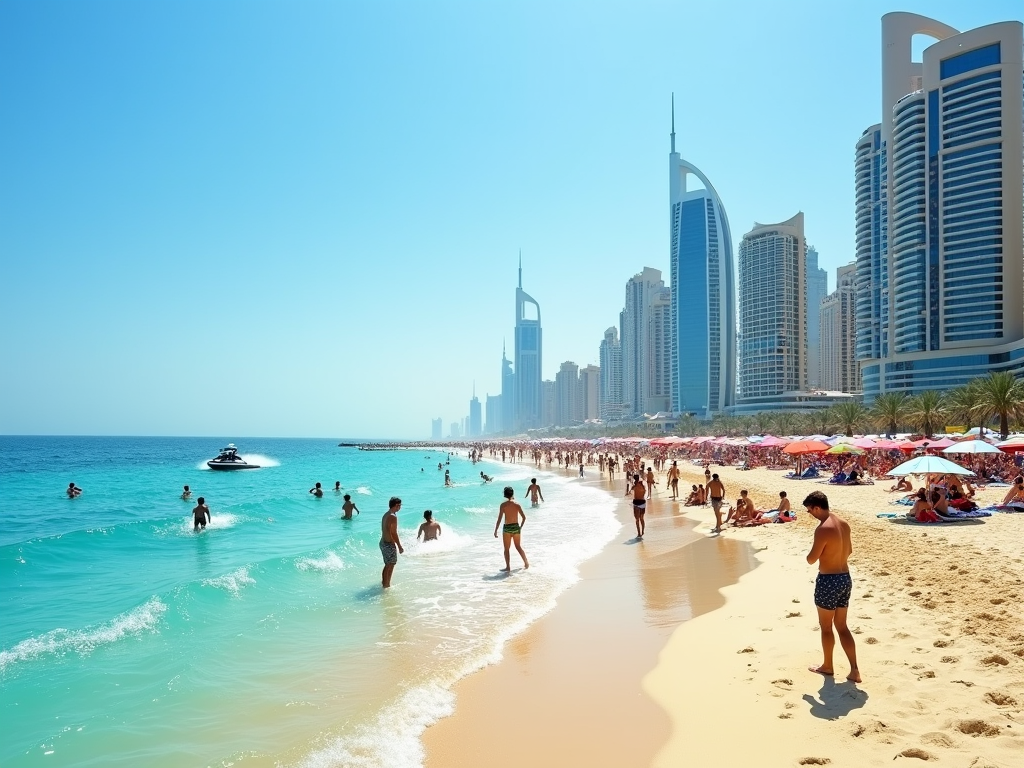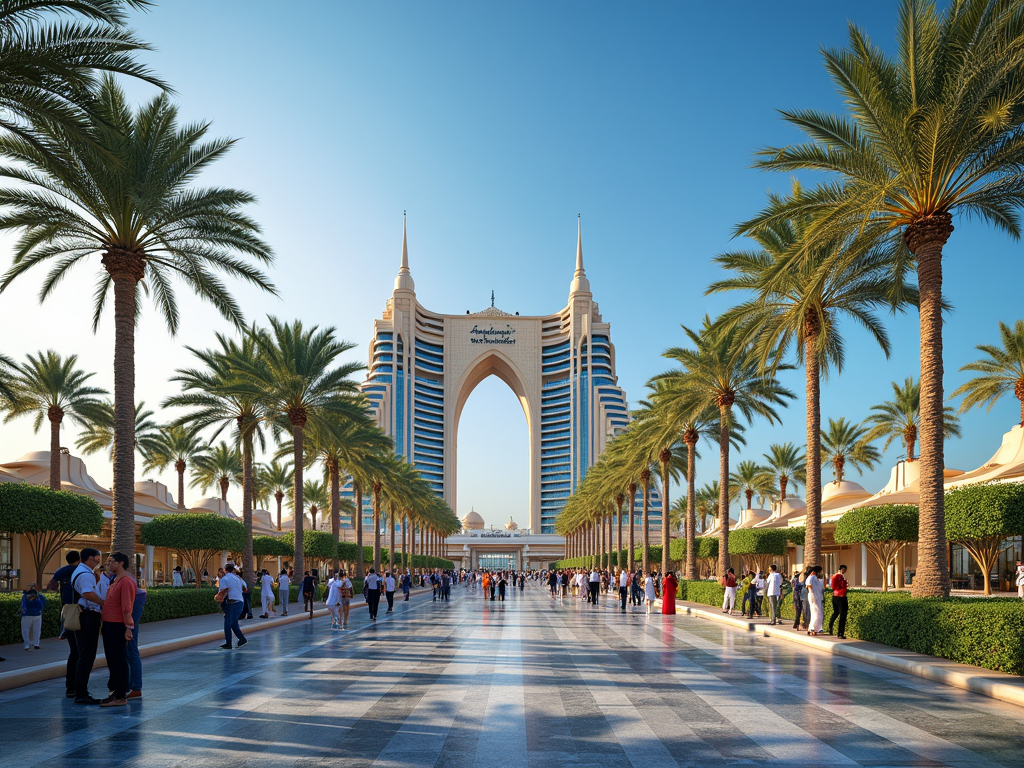Investing in Dubai’s hospitality industry presents a unique blend of opportunities and risks. With its booming tourism sector, strategic location, and luxury appeal, Dubai stands out as an attractive destination for investors. However, understanding the market dynamics, associated risks, and regulations is crucial for making informed investment decisions. This article delves into the factors influencing the hospitality market in Dubai, highlighting the potential benefits along with the critical challenges investors may face.
The Booming Hospitality Market in Dubai

Dubai’s hospitality industry has experienced remarkable growth over the past few decades, driven by its rapid economic development, increased tourism, and government initiatives aimed at making the city a global tourist hub. As one of the fastest-growing cities in the world, Dubai attracts millions of tourists each year, with projections estimating over 20 million visitors by 2025. This consistent influx creates a high demand for a diverse range of lodging options, from luxury hotels to budget accommodations. The government’s support policies, such as visa reforms and hosting significant events like Expo 2020, further bolster the sector’s growth, making it an attractive investment avenue.
Key Opportunities in Dubai’s Hospitality Industry

Investors looking into Dubai’s hospitality sector will find several lucrative opportunities, including:
- Diverse Market Demand: With various attractions—ranging from shopping malls and beaches to cultural heritage sites—there is a growing demand for hotels that cater to different demographics.
- Luxury Tourism Growth: The rise in affluent tourists boosts opportunities for high-end hotels and resorts, contributing to the luxury segment’s rapid expansion.
- Event-driven Business: Dubai regularly hosts international conferences, exhibitions, and events, driving hotel occupancy rates.
- Real Estate Investment Trusts (REITs): Investors can explore opportunities via REITs for easier entry into the hospitality market without directly owning properties.
- Technological Advancements: Incorporating technology such as AI and VR enhances the guest experience, making tech-savvy hotels more appealing.
Understanding the Risks Involved
Despite the myriad of opportunities, potential investors must also consider several inherent risks associated with the hospitality industry in Dubai:
- Market Competition: With numerous hotels and resorts, competition can dilute market share and affect profitability.
- Regulatory Challenges: Navigating the local laws, licensing requirements, and tax implications can be complex and time-consuming.
- Economic Volatility: Global economic fluctuations can impact tourism and disposable income for travel, which may affect the occupancy rates of hotels.
- Over-Supply Risk: An abundance of new hotel openings could lead to oversupply, resulting in lower room rates and reduced profitability.
- Cultural Sensitivity: Understanding and respecting cultural norms in a diverse tourist landscape is crucial to avoid potential backlash.
To maximize success in Dubai’s hospitality industry, investors should employ strategic approaches such as:
- Market Research: Conduct thorough research to understand current trends, customer preferences, and competitive landscapes.
- Diversification: Consider investing across various segments—luxury, business, and budget accommodations—to mitigate risks.
- Partnerships: Collaborate with local firms or stakeholders to navigate the market better and leverage existing networks.
- Focus on Sustainability: Investing in sustainable hospitality practices can enhance brand image and appeal to eco-conscious travelers.
- Regular Assessment: Continually review and adapt investment strategies based on market performance and economic conditions.
Conclusion
Investing in Dubai’s hospitality industry can yield significant rewards, provided that investors are diligent in their preparation and risk assessment. While the sector offers a plethora of opportunities fueled by tourism growth and government initiatives, potential pitfalls should not be overlooked. By understanding the market dynamics and employing effective strategies, investors can navigate the complexities of this vibrant sector successfully. As Dubai continues to position itself as a leading global destination, savvy investors can thrive in the hospitality landscape.
Frequently Asked Questions
1. What are the main attractions driving tourism in Dubai?
Dubai is renowned for attractions like the Burj Khalifa, luxurious shopping malls, stunning beaches, and cultural experiences such as traditional souks and museums. Major events like the Dubai Shopping Festival and Expo 2020 also significantly contribute to tourism.
2. Are there specific regulations for opening a hotel in Dubai?
Yes, investors must obtain various licenses, including a tourism license, and adhere to property ownership laws, health and safety regulations, and labor laws. It’s advisable to consult local authorities or legal experts for specific guidance.
3. How can investors mitigate risks in the hospitality sector?
Investors can mitigate risks through comprehensive market research, diversification of investments, forming partnerships with local businesses, and implementing sustainable hospitality practices to enhance their appeal and adaptability.
4. What trends are shaping the future of Dubai’s hospitality industry?
Key trends include a shift towards sustainable tourism, increased technological integration in guest services, a focus on unique travel experiences, and the rise of short-term rental models alongside traditional hotel accommodations.
5. Is investing in Dubai’s hospitality industry suitable for small investors?
Yes, small investors can consider options like real estate investment trusts (REITs) or partnerships with established entities to enter the market without requiring extensive capital for property ownership.


